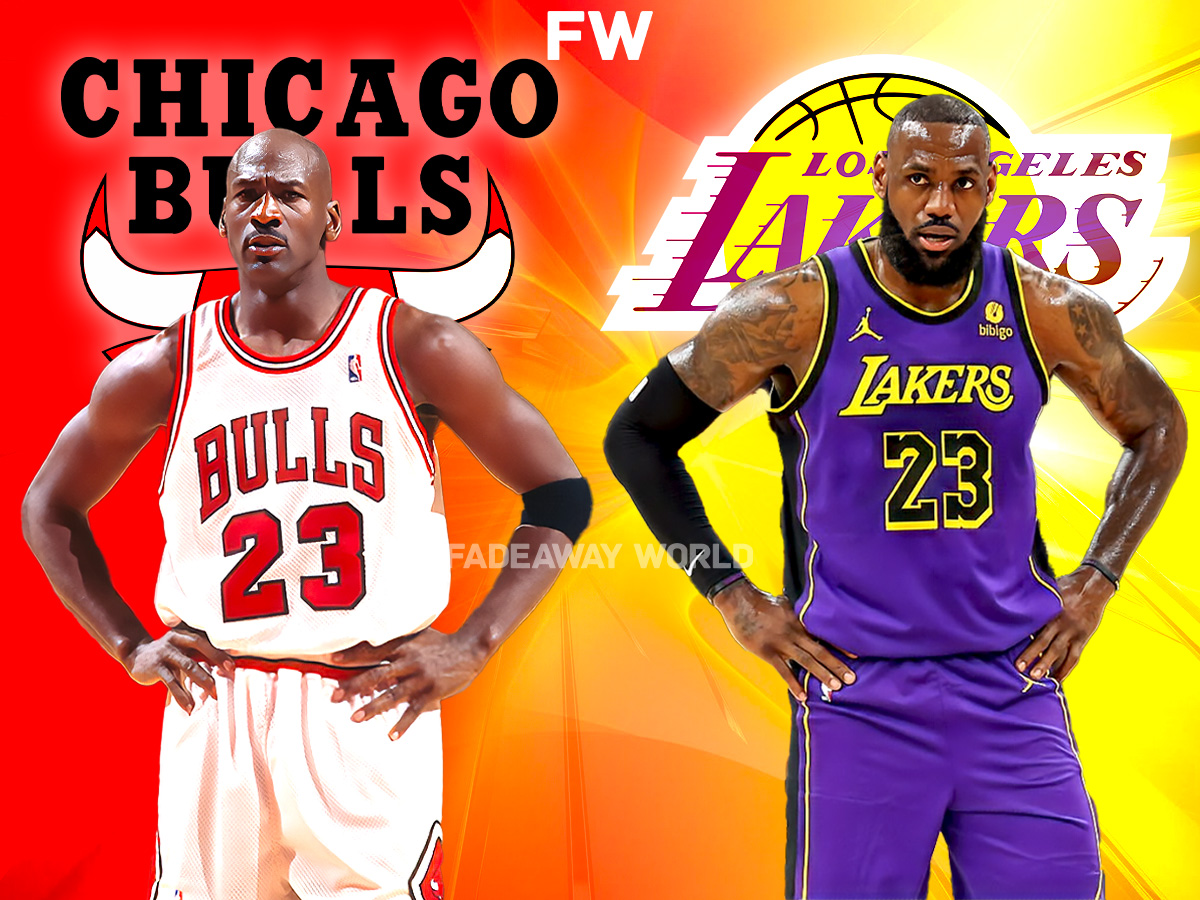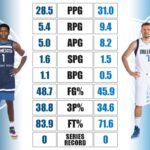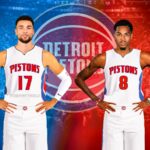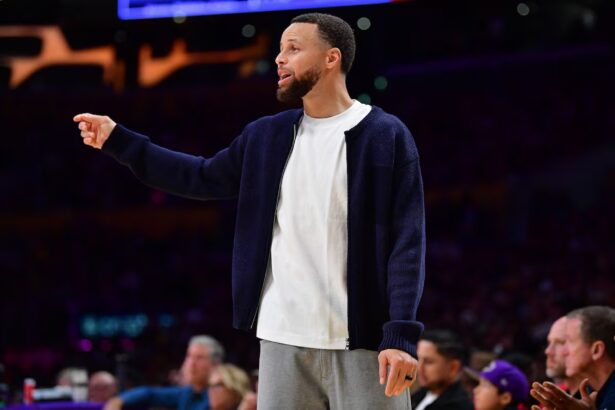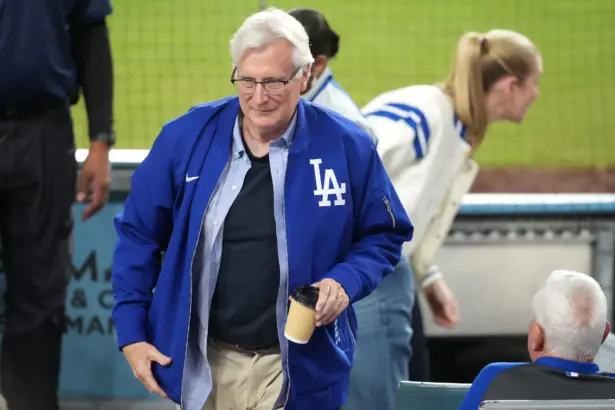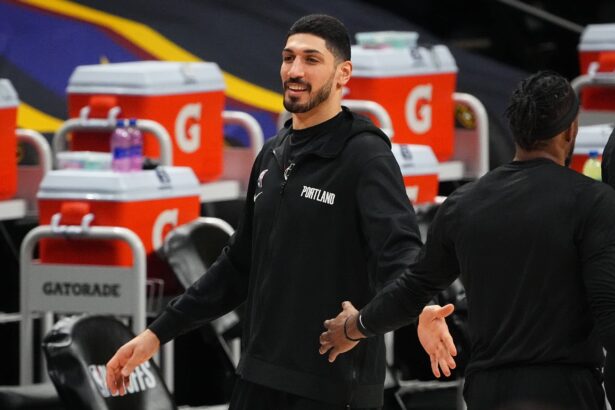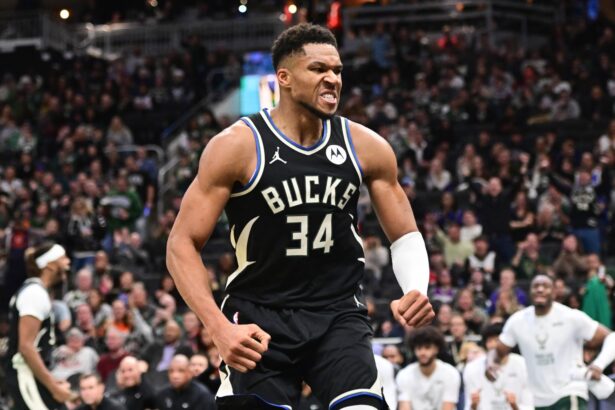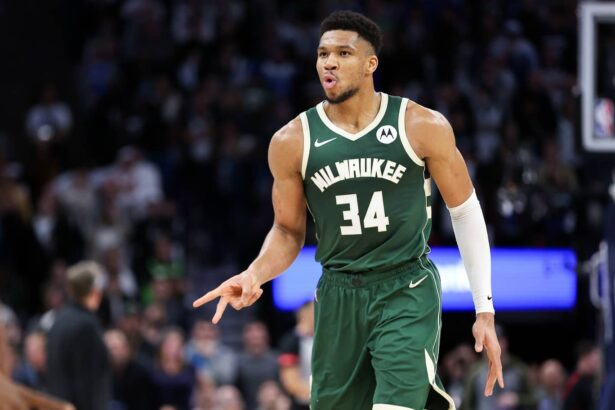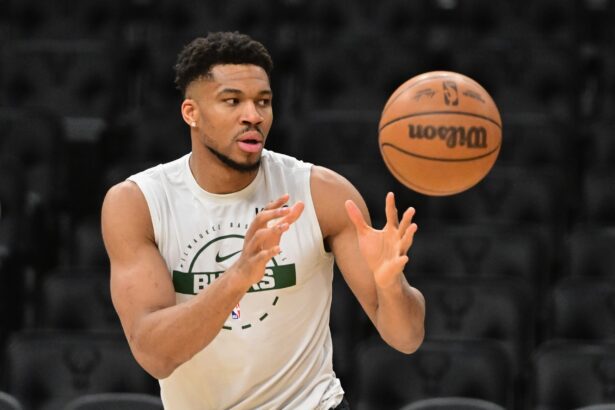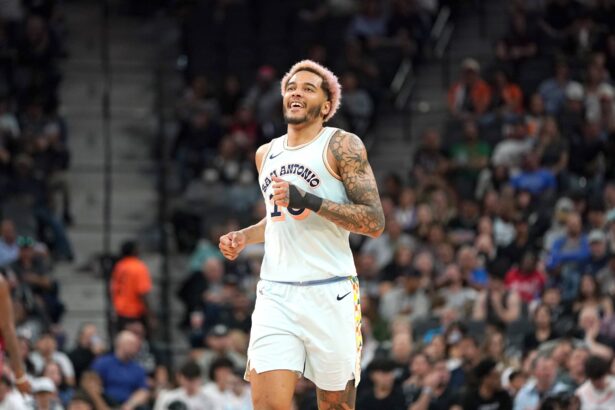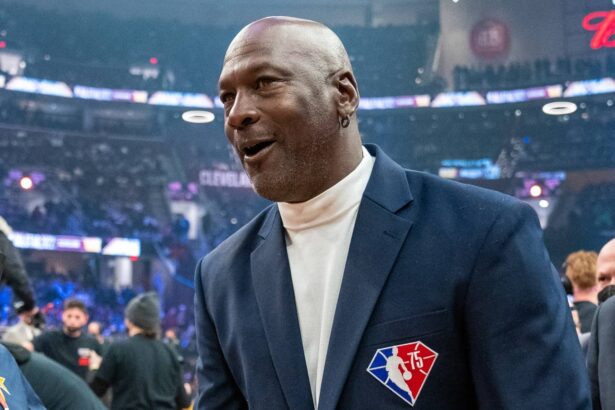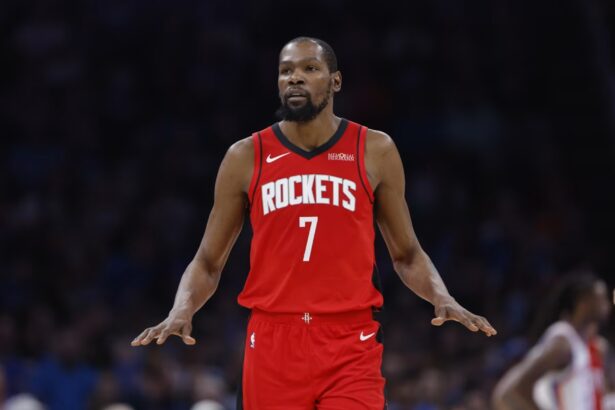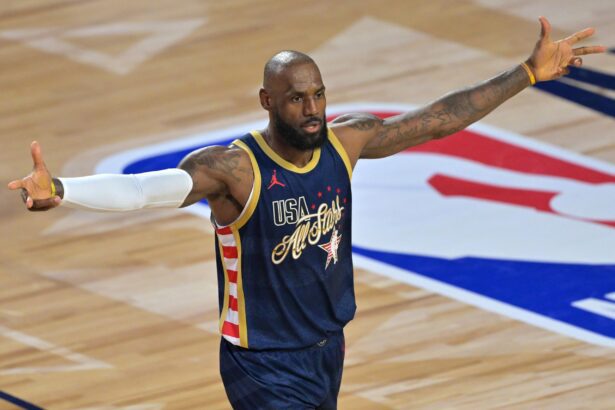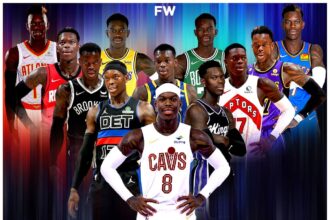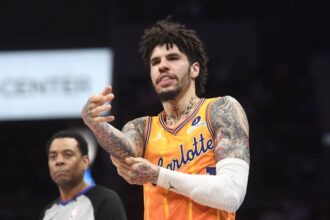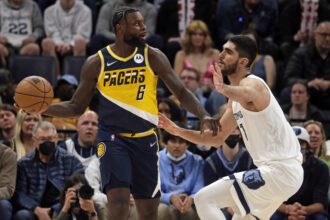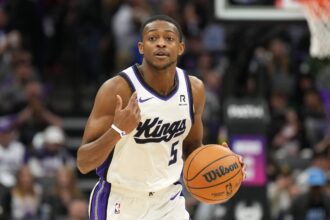The idea that the Chicago Bulls’ owner would avoid trading with the Los Angeles Lakers to prevent LeBron James from surpassing Michael Jordan’s legacy is a fascinating intersection of business strategy and personal sentiment. This claim, discussed by Eric Pincus of Bleacher Report on Jovan Buha’s YouTube channel, highlights the complexities and underlying motivations that can influence NBA trade decisions.
“In this industry you, you have to make the best decision for you as a team but people are petty and make stupid decisions all the time that like aren’t what’s best for you… Fans clamor for Alex Caruso right like for years.”
“Like they should have gotten Drummond and Caruso. I’m like go look at like the transaction logs of Lakers-Chicago like they don’t make trades together. Last one was like during when the Lakers were rebuilding and were terrible.”
“The Bulls dumped like an older point guard, a Spanish point guard on them and I forget which one it was. It was a marriage of convenience that helped the Bulls like, I think their owner doesn’t want LeBron infringing upon like Michael’s Legacy so like.”
“The Bulls just don’t trade… They’re not a big trading team they’re a conservative team and how they operate… They’re just not going to help LeBron.” (1:15:40)
He noted that fans have clamored for players like Alex Caruso for years, but the transactional history between the Lakers and Bulls shows a reluctance to engage in trades.
The last significant trade between the two teams happened in 2016 when the Bulls traded Jose Calderon, a 2018 second-round draft pick (Sviatoslav Mykhailiuk), and a 2019 second-round draft pick (Bruno Fernando) to the Lakers for Ater Majok. This trade primarily helped the Bulls shed Calderon’s $7 million contract, which they had acquired from the Knicks in the Derrick Rose trade.
Pincus speculated that the Bulls’ conservative approach to trades might be influenced by their desire to protect Michael Jordan’s legacy. This notion suggests that the Bulls’ front office may avoid transactions that could potentially bolster LeBron’s career achievements, thus threatening Jordan’s standing in the pantheon of basketball greats.
The Bulls’ reputation as a conservative team in their operational strategy further supports this theory. They are not known for making big trades and often prefer to build and develop their roster with caution. By steering clear of trades that might aid LeBron’s pursuit of additional championships or records, the Bulls can indirectly safeguard Jordan’s iconic status within the franchise and the broader NBA history.
While this approach may seem petty or irrational to some, it underscores how deeply personal legacies and franchise histories can impact decision-making at the highest levels of professional sports. The rivalry between Michael Jordan and LeBron James, often debated among fans and analysts, appears to extend into the boardrooms of NBA teams, influencing decisions that go beyond pure basketball strategy.
Ultimately, the Bulls‘ reluctance to trade with the Lakers, especially in ways that could benefit LeBron James, highlights the intricate and sometimes emotional factors that can shape the business of basketball. Whether or not this stance is justified, it is a testament to the enduring influence of legacy and reputation in the NBA.
Thank you for being a valued reader of Fadeaway World. If you liked this article, please consider following us on Google News. We really appreciate your support.

